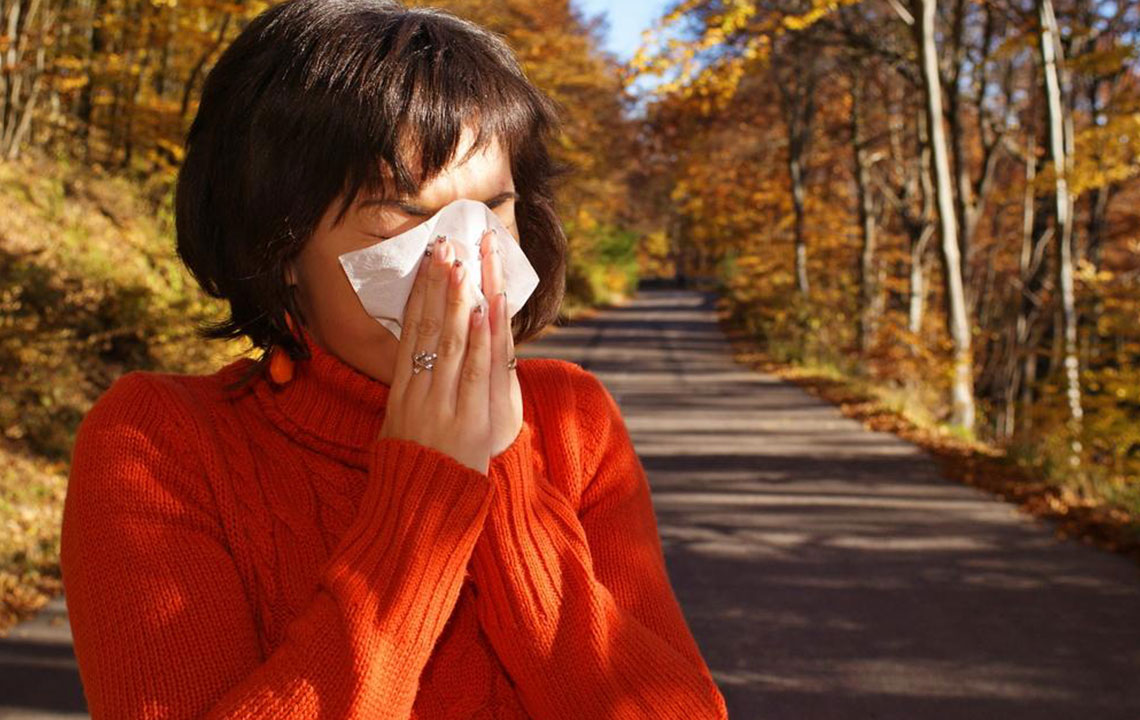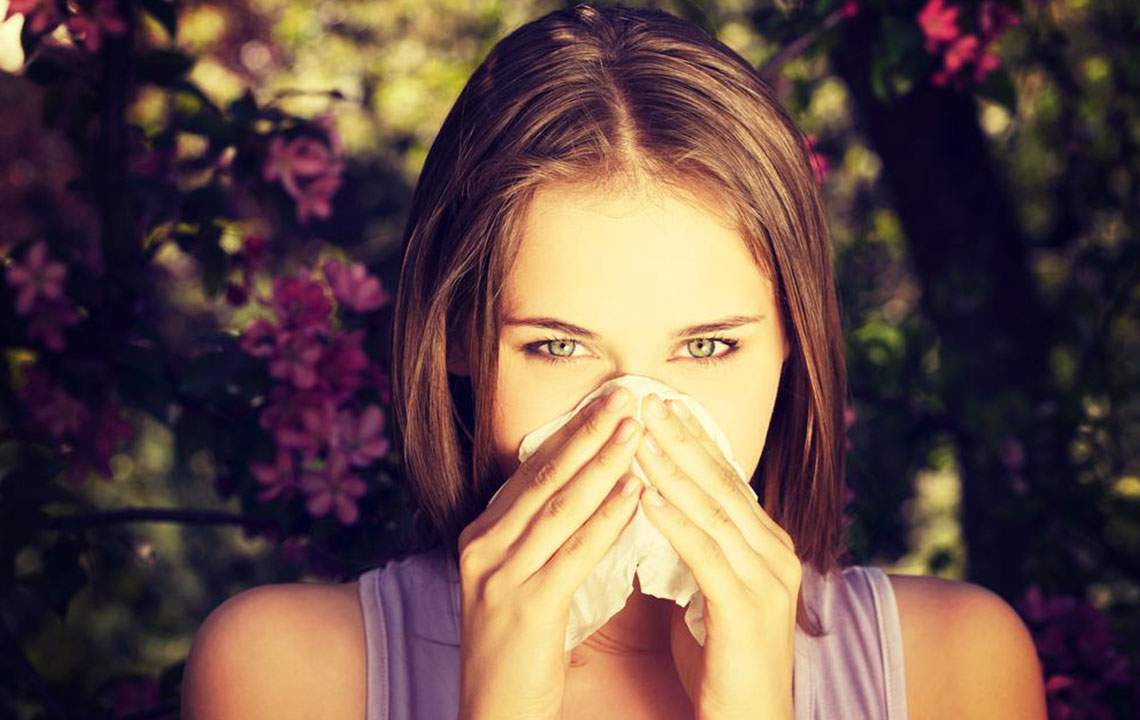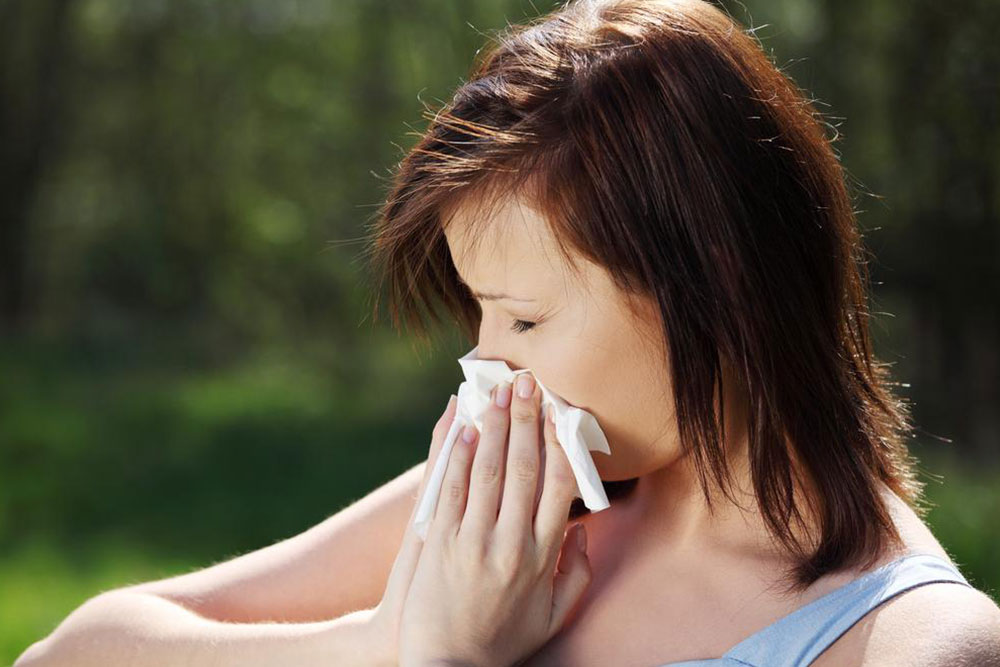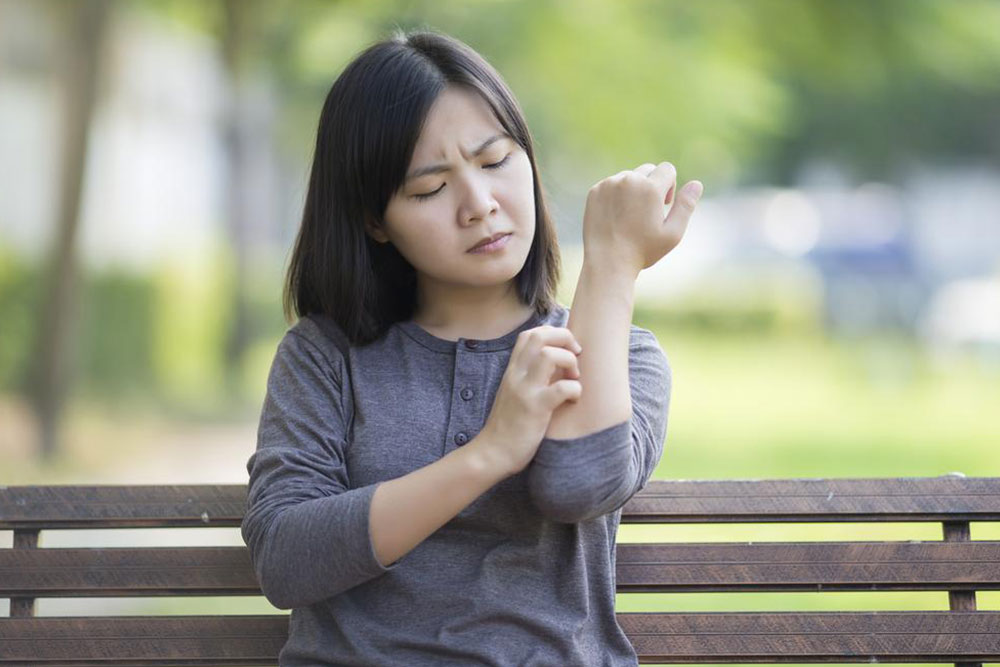Top five ways to prevent mold allergy
Mold is widely seen in places where there is a lot of moisture, like the bathrooms in your basement, under the sinks or out in the garden areas, especially if you are close to a water source. Knowing this should give you a clue about how you can prevent mold and stay allergy-free. However, it is not always that simple. Let us look at a few tips on how we can prevent mold allergy symptoms and keep the sniffles away.
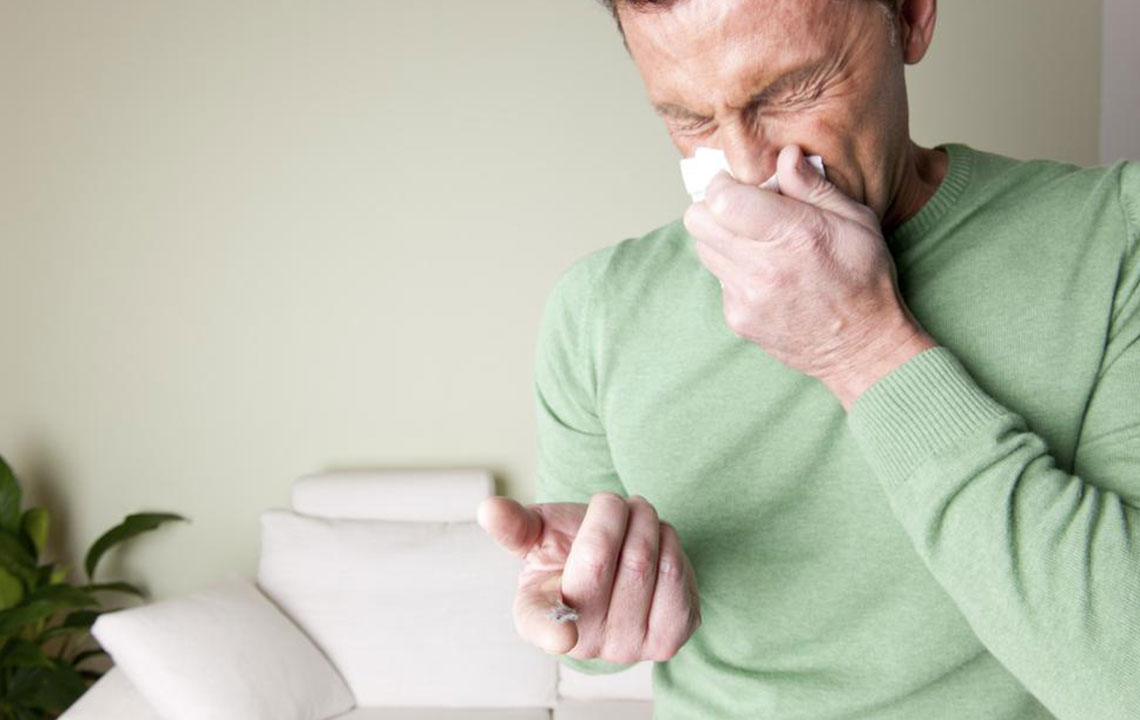
- While symptoms of mold allergy are very much like general cold and cough, you will be able to tell if your infections are getting progressively worse and they seem to take longer to subside. Also, if rains aggravate these symptoms, it is best you check if it is a reaction to mold.
- The most important thing to do will be to identify the source of moisture. So ensure you check the plumbing, poorly ventilated bathrooms or kitchens, a survey of the landscape around your home and finally the gutters, if you have any.
- Check all rooms of your home and ensure that any place that is wet is wiped down. Maintaining clean and dry spaces will go a long way in keeping mold allergy symptoms away. Your garbage cans need to be emptied, washed, and dried often to ensure that they don’t become a source for mold. Use vents extensively to reduce moisture while cooking and taking a shower.
- Another effective way to prevent mold allergy symptoms is to use a dehumidifier around your home. Using them in conjunction with an AC in hot and humid climates can drastically reduce the dampness in homes.
- Moist carpets and upholstery are notorious for moisture build up. This can be a haven for mold, if not cleaned regularly. An effective way to do this would be to dust it with baking powder or use a bottle of white vinegar spray. Dry it thoroughly under the. The sun’s rays work like magic to kill mold, and it is free too!
Mold, unlike widespread belief, is not toxic or deadly, but constant exposure can increase mold allergy symptoms. With a little care, the problem can be managed and reduced to a large extent.
Disclaimer:
The content of the articles discussing symptoms, treatments, health conditions, and side effects is solely intended for informational purposes. It is imperative that readers do not interpret the information provided on the website as professional advice. Readers are requested to use their discretion and refrain from treating the suggestions or opinions provided by the writers and editors as medical advice. It is important to seek the help of licensed and expert healthcare professionals when necessary.
